Health experts say there needs to be coordinated measures to prevent overweight and obesity in children, including limiting sugary drinks through taxation.
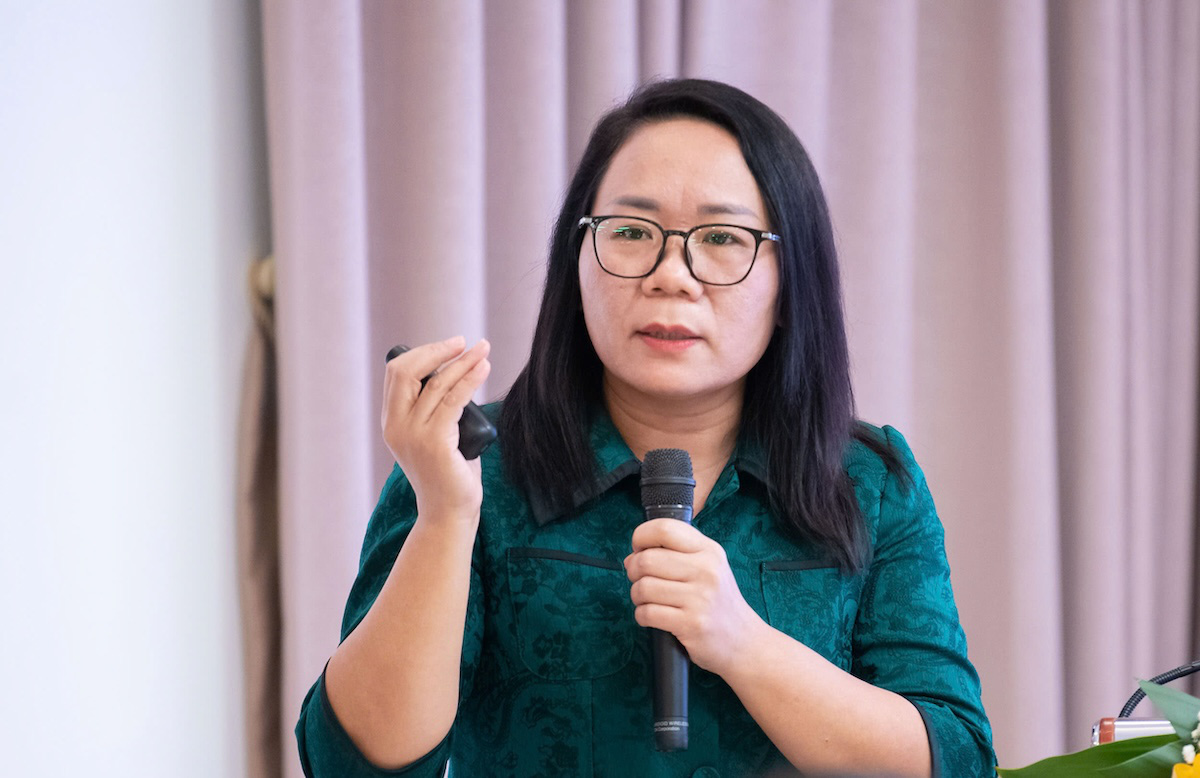
Associate Professor, Dr. Truong Tuyet Mai - Photo: GIA HAN
On November 24, the Committee on Culture and Education in coordination with the United Nations Children's Fund (UNICEF) organized a workshop to provide comments on the Law on Special Consumption Tax on applying special consumption tax on sugary drinks, preventing overweight and obesity in children.
Increased risk of many diseases
According to the draft law, the Government proposes to impose special consumption tax on soft drinks with sugar content above 5g/100ml (soft drinks). The expected tax rate is 10%.
Vice Chairman of the Committee for Culture and Education Ta Van Ha stated that the workshop aimed to provide updated information to National Assembly deputies on the impact of sugary drinks on overweight and obesity in children.
Provide additional reference for delegates in the process of reviewing and commenting on the draft Law on Special Consumption Tax on the application of special consumption tax policy on sugary drinks.
Giving her opinion, Associate Professor, Dr. Truong Tuyet Mai - Deputy Director of the National Institute of Nutrition - said that regular consumption of sugary drinks can increase the risk of excess legs, obesity, gastrointestinal diseases, cancer, kidney diseases, urinary diseases, blood pressure...
Ms. Mai pointed out that research shows that if an adult drinks 1 can of soft drink a day for 1 year, they will gain 6.75 kg in weight.
Children who regularly drink sugary drinks have a 0.24% increase in body mass compared to children who do not drink. Children aged 2-5 who regularly drink soft drinks have a 43% increased risk of obesity.
Sugar-sweetened beverage consumption in childhood was associated with a higher risk of being overweight/obese and obese at age 5. Each additional 100ml of sugar-sweetened beverage consumed per day was associated with a higher BMI and a 1.2-fold increased risk of being overweight/obese at age 6.
Stressing that childhood obesity is a global issue that requires urgent action, Ms. Mai recommended limiting the consumption of sugary drinks in children.
Specifically, according to UNICEF's recommendations, children under 2 years old should not consume any foods or drinks with added sugar.
For children 2 - 18 years old, limit sugar consumption to less than 25g/day (
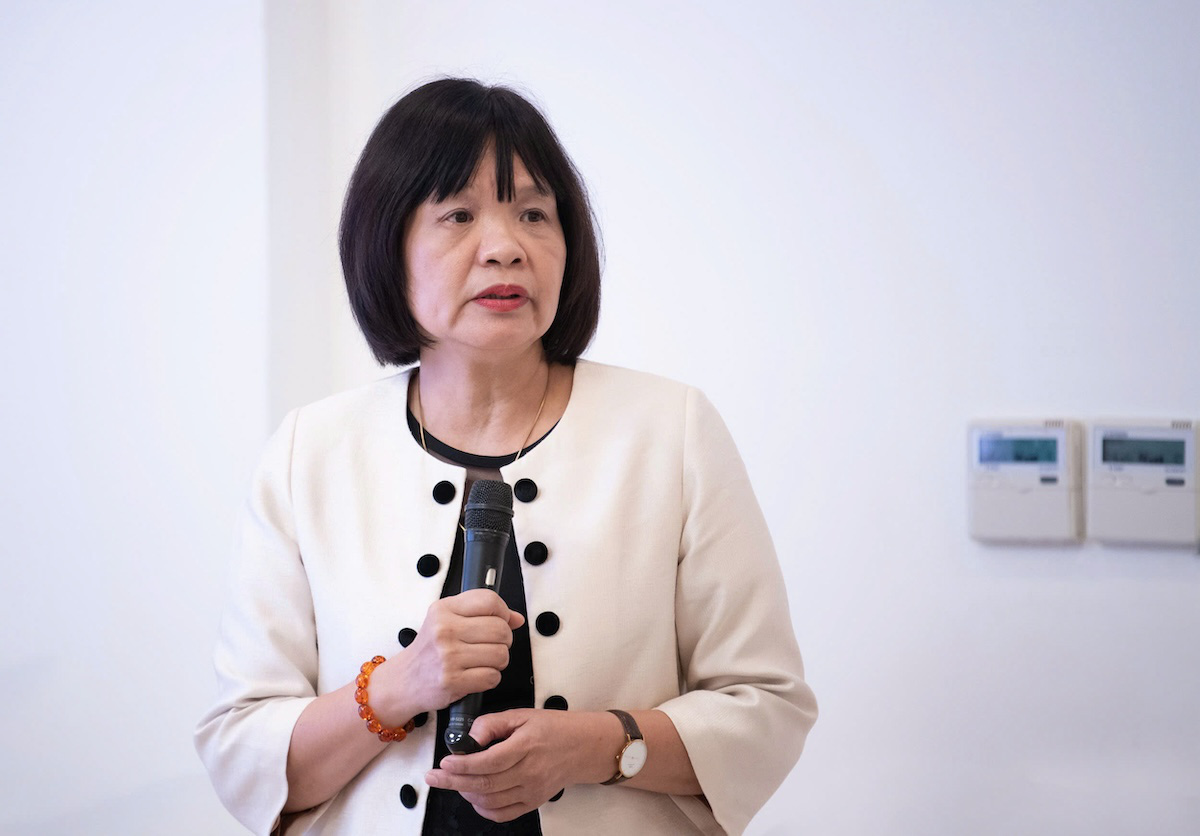
Expert Do Hong Phuong - Photo: GIA HAN
Data at the workshop showed that total soft drink consumption in Vietnam increased rapidly from 1.59 billion liters in 2009 to 6.67 billion liters in 2023.
Nutrition expert Do Hong Phuong pointed out that the current situation of overweight and obesity in children has increased in Vietnam. In the group of children aged 5-19, the rate of overweight and obesity has increased from 8.5% (2010) to 19% (2020), with 26.8% in urban areas.
Higher than the average rate in Southeast Asia (17.3%). Higher than the rates in low- and middle-income countries in the region (13.4% in Cambodia; 16.6% in Laos; 14.1% in Myanmar; 14.5% in the Philippines; 18.0% in Indonesia).
Ms. Phuong said that without effective and timely interventions, it is estimated that by 2030 nearly 2 million children aged 5-19 will be overweight or obese.
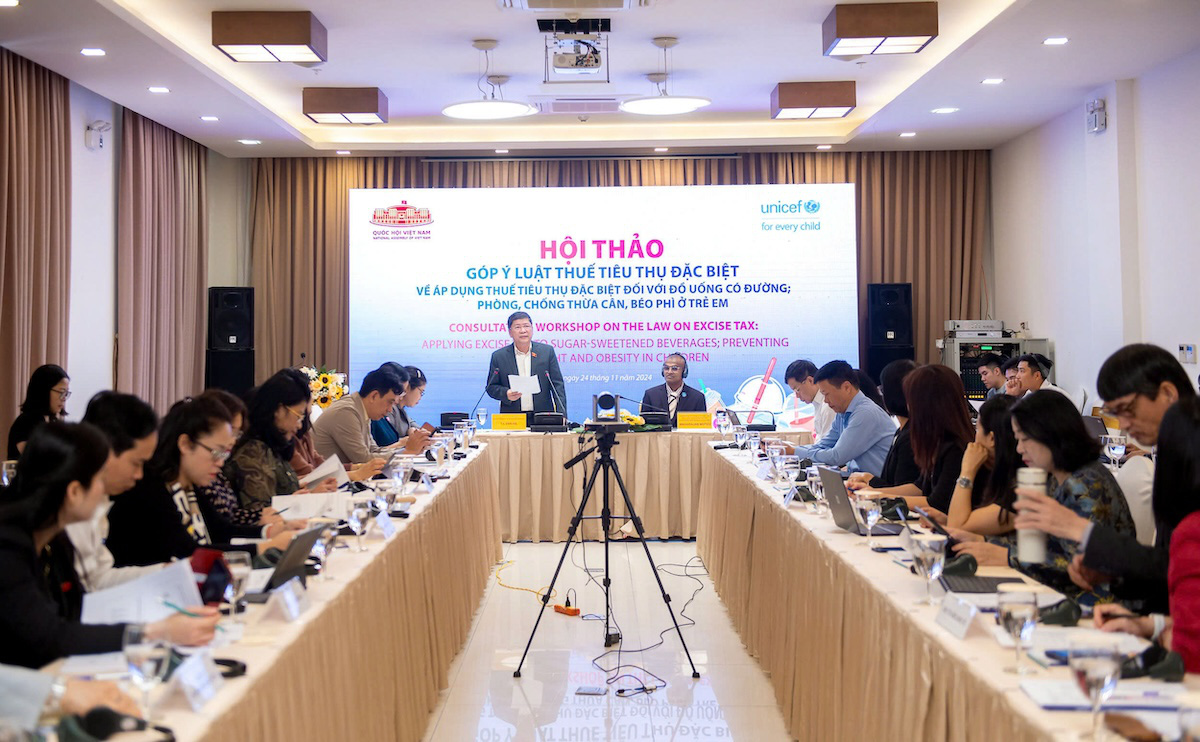
Conference scene - Photo: GIA HAN
Is it appropriate to impose excise tax on sugary drinks?
Ms. Do Hong Phuong emphasized the need for comprehensive measures to prevent overweight and obesity, including taxing sugary drinks. She said WHO recommends applying tax and price measures to reduce sugar consumption.
She cited a 2022 study by the Hanoi University of Public Health showing that taxing sugary drinks in Vietnam would bring benefits.
Specifically, encouraging the reduction of sugary drink consumption, reducing overweight and obesity, reducing the risk of diet-related diseases, can save more than 600 billion VND in direct medical costs for treating type 2 diabetes. At the same time, it is necessary to communicate to change eating and drinking behaviors...
Dr. Nguyen Huy Quang, former head of the Legal Department (Ministry of Health), said that the first time sugary drinks were included in the Law on Special Consumption Tax is progress.
He said that it is not a new proposal to impose a special consumption tax on sugary drinks, but since 2012 this has been proposed but has not been implemented due to limited evidence and proof. Currently, the basis is clear, with sufficient conditions for implementation...
Many National Assembly deputies expressed their agreement to impose a special consumption tax on sugary drinks. However, some opinions suggested clarifying whether sugar is the main cause of obesity.
At the same time, the question is why the ratio of 5g/100ml is chosen and not another ratio, or are beverage products using natural sugar from fruit subject to this tax?
In addition, as manufacturers are now switching to sugar-free beverages, further research on these products is needed.
Source: https://tuoitre.vn/tre-em-viet-thua-can-beo-phi-cao-hang-dau-khu-vuc-dong-nam-a-20241124134852782.htm


![[Photo] Ha Giang: Many key projects under construction during the holiday season](https://vstatic.vietnam.vn/vietnam/resource/IMAGE/2025/5/1/8b8d87a9bd9b4d279bf5c1f71c030dec)
![[Photo] "Lovely" moments on the 30/4 holiday](https://vstatic.vietnam.vn/vietnam/resource/IMAGE/2025/5/1/26d5d698f36b498287397db9e2f9d16c)
![[Photo] Binh Thuan organizes many special festivals on the occasion of April 30 and May 1](https://vstatic.vietnam.vn/vietnam/resource/IMAGE/2025/5/1/5180af1d979642468ef6a3a9755d8d51)



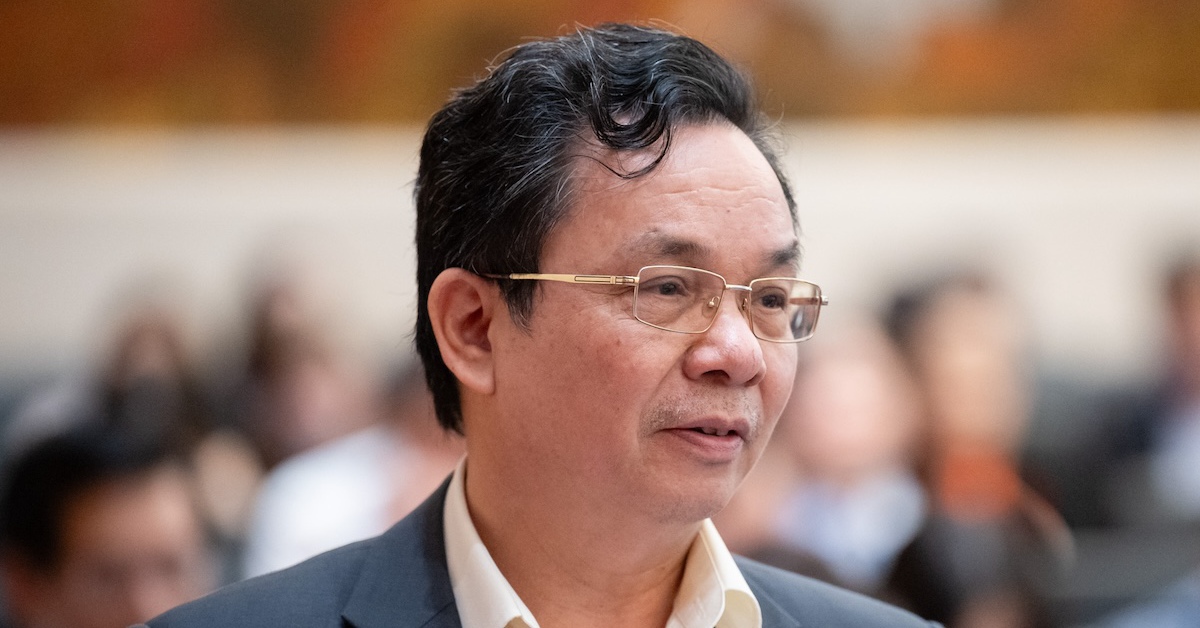


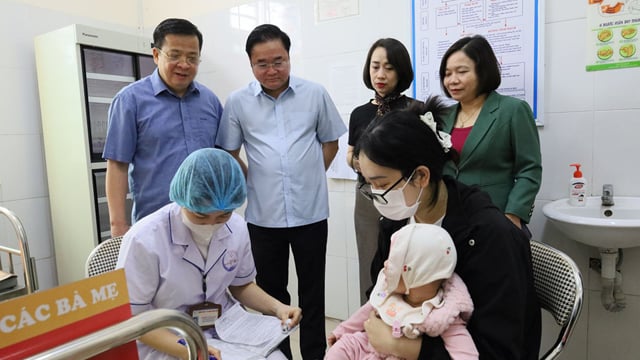



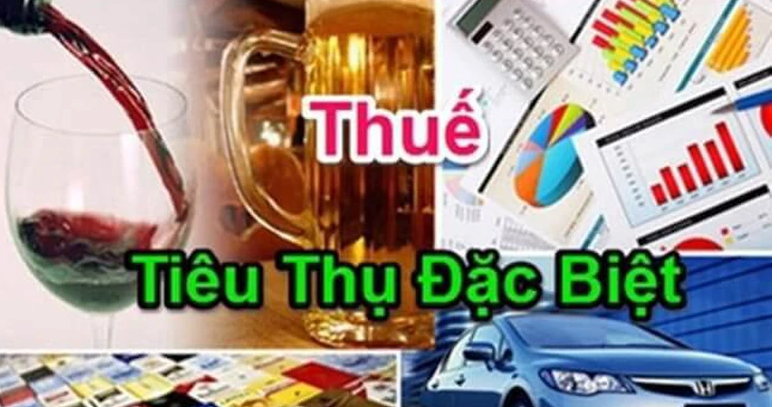



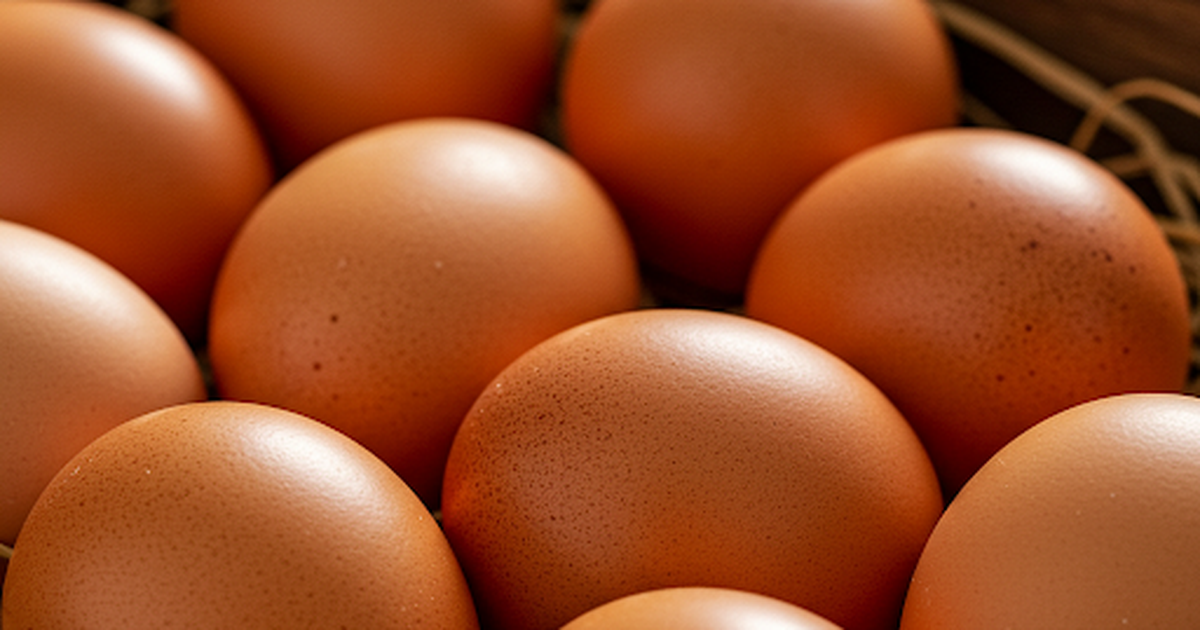



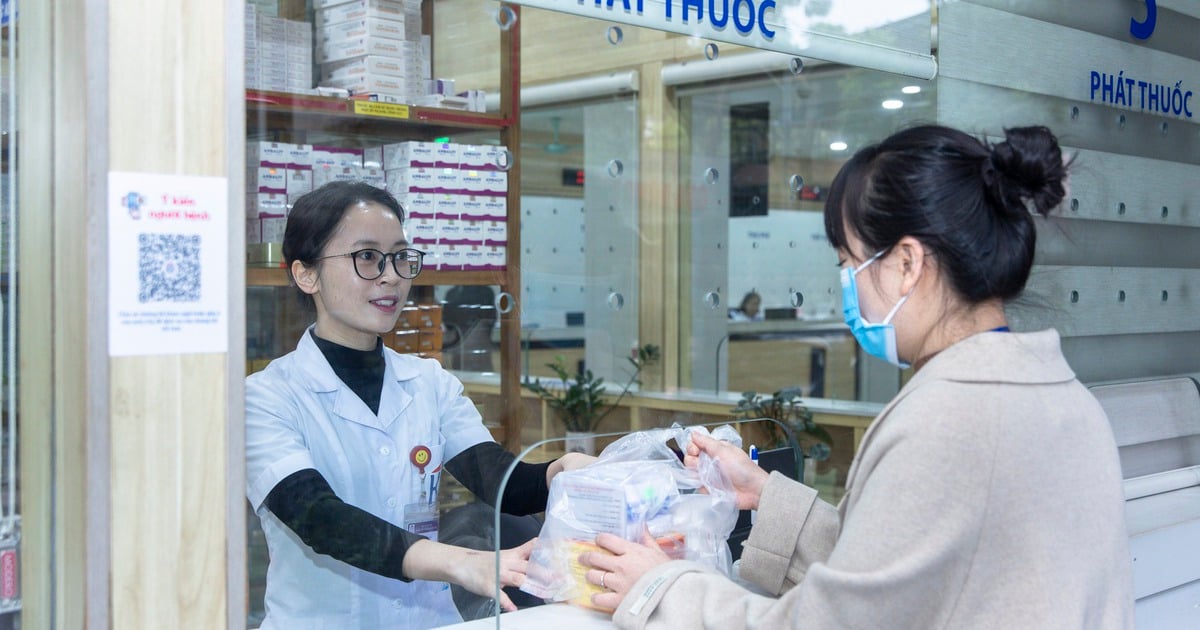
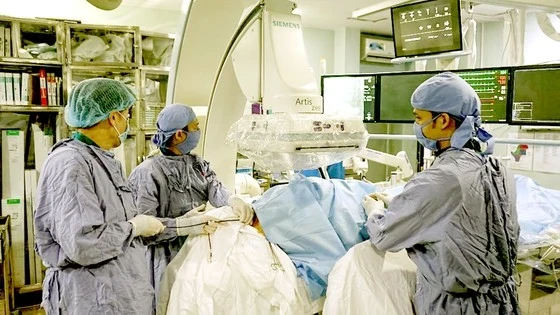





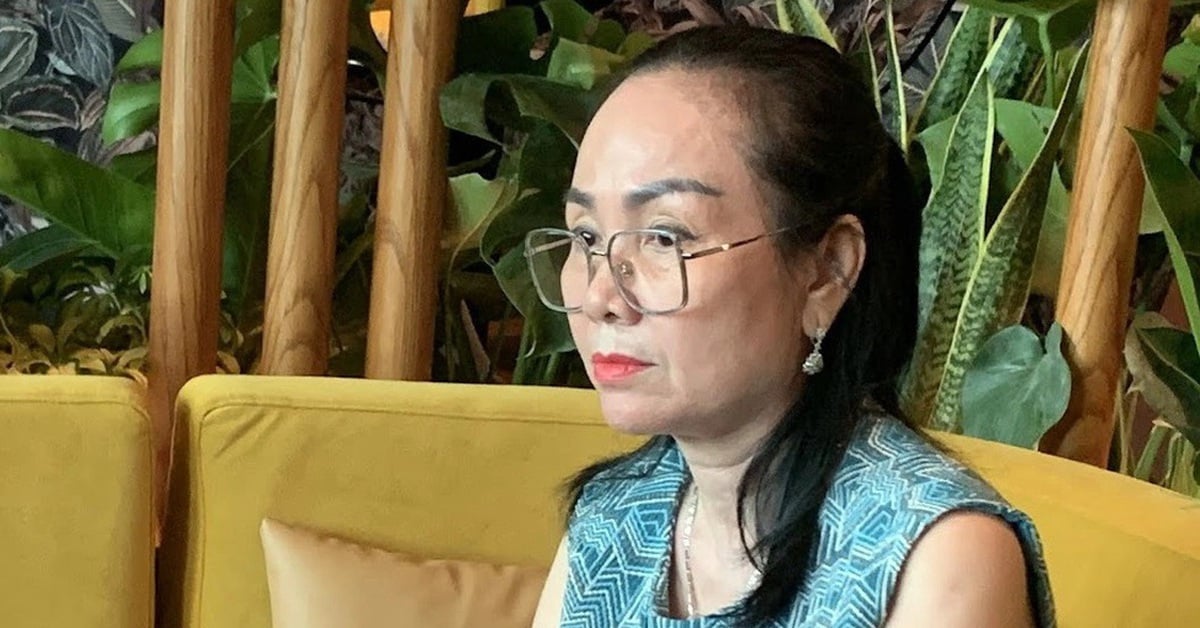
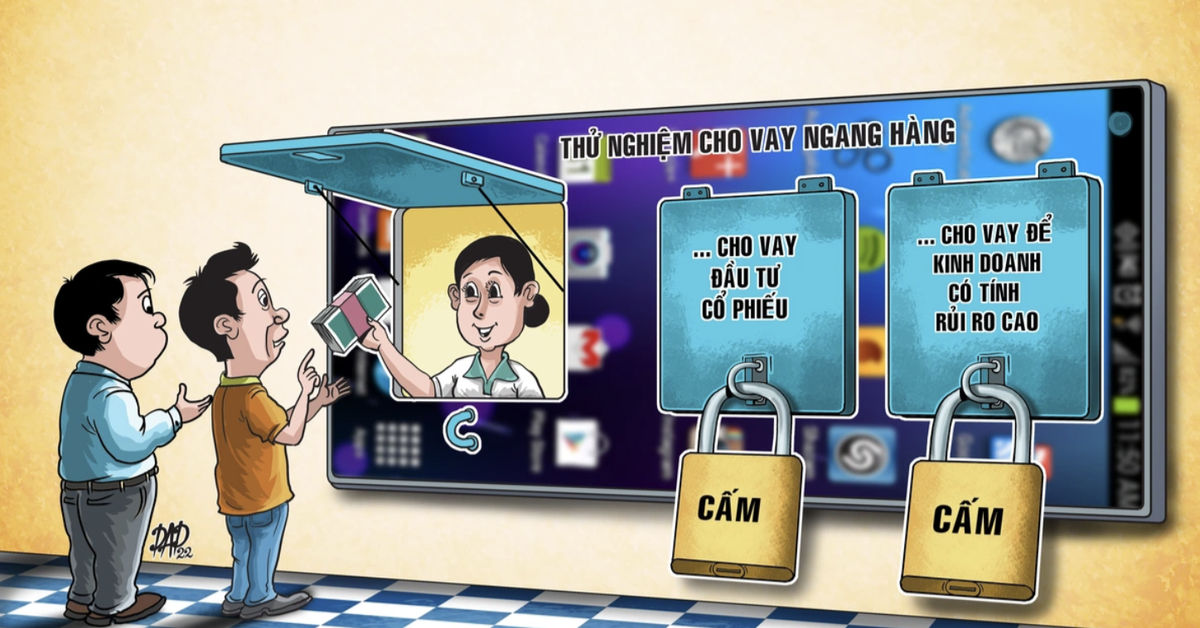




















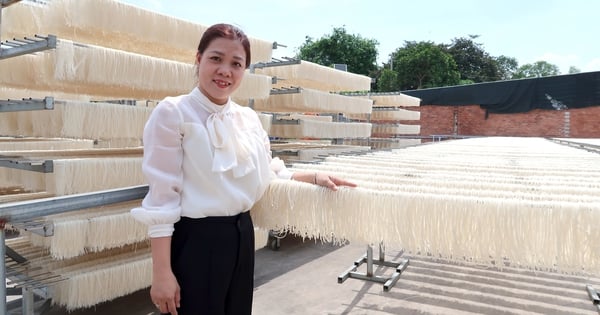


















































Comment (0)